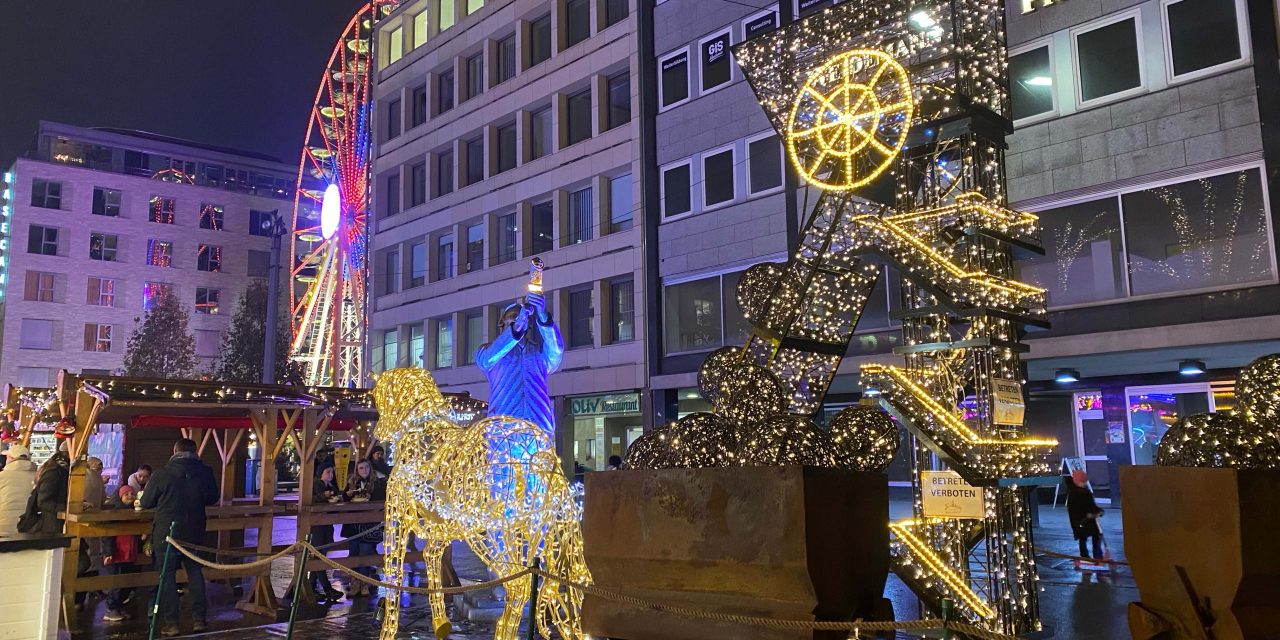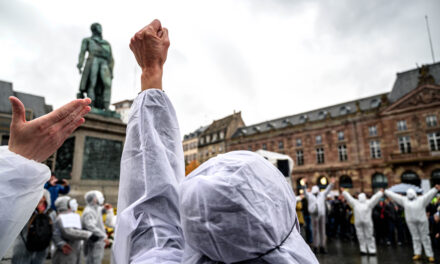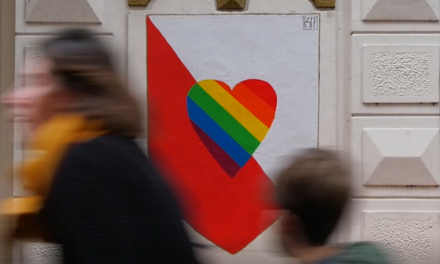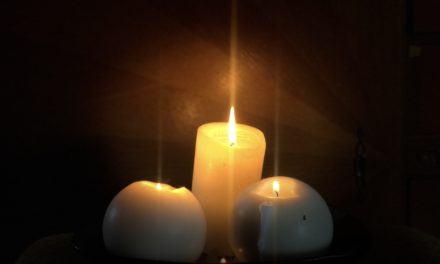Germany, evaluated in 2023 as one of the top five EU countries for pollution, is striving to shed its environmentally unfriendly image. Sustainable energy and climate policies have taken center stage in the German government’s efforts to address this issue. This year, a special focus has been placed on promoting sustainability and energy cost savings at Christmas markets in major cities like Dortmund and Düsseldorf, aiming to maintain reasonable prices for vendors. Collaborating with DEW21, a German energy company based in Dortmund, solutions are being explored to reduce the energy consumption of Christmas decorations.
The month of December in Germany is dedicated to celebration and fun, especially due to the popularity of its Christmas markets. With 207 markets spread across 150 cities, the country transforms into a Winter Wonderland attracting millions of visitors annually. To combat environmental concerns and save costs, there is a push towards sustainable practices such as the use of renewable energy sources and energy-efficient lighting.. “However, the energy crisis is not only affecting festive celebrations but is also contributing to economic concerns. Europe is facing a complex interplay of economic challenges, energy shortages, and the imperative for sustainability. The holiday season, traditionally associated with joy and celebration, is now accompanied by a sobering recognition of the need to address energy issues for a more sustainable future”, says Tim van Dijk, spokesperson at the Dutch Ministry of Economic Affairs and Climate Policy.
Tobias Meurer, a Sustainable Expert from Berlin, emphasizes the importance of resource efficiency in every step of the value chain. As a chief and Sustainable Officer at the XU Sustainable, he dedicates his time to support other companies to become more sustainable. XU Sustainable is a support platform for companies to become more acquainted with making their business more sustainable, by providing them with information through an online curriculum from the School of Sustainability.
Switching to green energy providers and optimizing resource efficiency can contribute to reducing emissions and ensuring sustainability. Additionally, the advice is given to reuse and resell products, exemplified by the Frauhalle stall in Dortmund, which promotes sustainability by repurposing ceramic ornaments.
Despite Germany’s ambitious goals for climate neutrality by 2045, internal conflicts over critical climate measures, such as phasing out fossil fuel heating, pose challenges. The government faces a delicate balance between economic considerations and the imperative to achieve climate goals. While public support for climate neutrality exists, it is overshadowed by record-high energy prices and the tangible impact of climate action on daily life. Moreover, the aftermath of the war in Ukraine has exacerbated the energy crisis, leading to high inflation costs and challenges in finding affordable and sustainable solutions for the population.The government is grappling with internal conflict over critical climate measures such as phasing out fossil fuel heating. This phase of government is characterized by a complex balance between economic challenges on the one hand and the need to achieve climate goals on the other. “When it comes to energy and you want to reduce emissions, a good start is to switch to a green energy provider. A good follow-up is to try and optimize the resource efficiency. For example, if you produce less food so it won’t go to waste or overproducing the products you are selling. This is also a way of being resource efficient. In every step of your value chain you can think of more resource efficiency. Also, have in mind that the products that are not used this year can be sold next year in order to keep sustainability”, says Meurer. While the government has significant support for its commitment to climate neutrality, public interest is diminished by record high energy prices and the palpable impact of climate action on daily life.
Rising energy prices directly impact the organization of events, including Christmas markets, affecting stall prices, entrance fees, and the supply of goods and services. “Recently, products that grow in popularity, such as green energy and renewable energy are more demanded by the public. There is also a growth in suppliers offering more sustainable options. In The Netherlands the green energy is generated by solar panels and wind turbines. This trend can also be seen in Germany. In 2022, almost 50% use was made of renewable energy sources of wind energy, water energy, biomass energy, photovoltaic energy, geothermal energy and household waste”, says Tom Schuitemaker of Pricewise. He notes a growing demand for sustainable options, mirroring a trend seen in the Netherlands. To make Christmas markets more sustainable and cost-effective, measures such as the use of LED lights, adjusted lighting times, and reduced plastic product usage are being implemented in cities like Dortmund, Cologne, and Essen.
As inflation rises in Germany, it intensifies the energy crisis for consumers and businesses. The interaction between inflation and an energy crisis varies depending on the specific circumstances of the economy and energy markets, according to Van Dijk. Meurer adds that businesses, especially Christmas stalls, may experience higher production costs due to inflation, potentially leading to unaffordable prices and impacting turnover. Meurer also had to add on the difficulty of these economic challenges: “First of all they have to increase the cost and that will result in selling the products with higher prices. With higher prices it can get unaffordable for some people. So, it could affect their turn-over and their sales.”
In Dortmund, local sellers grappling with inflation find it challenging to sell all their products before the season ends, resulting in surplus products being discarded. “Businesses such as the Christmas stalls that rely on energy for their production processes may experience higher production costs due to inflation. These rising costs can lead to price increases for goods and services. It is important to note that the interaction between inflation and an energy crisis depends on the specific circumstances of the economy and energy markets”, Van Dijk said. To address this issue, the advice is to save both money and act sustainably by reusing and reselling products. Frau Halle, a sustainable Christmas stall in Dortmund, exemplifies this approach.


![Past the Point of No Return in Climate Change: Will We Die in 20 Years? [Audio]](https://svjmedia.nl/internationaljournalism/wp-content/uploads/sites/378/2022/11/DD1CFFE2-03EE-405A-9325-D733A322D543-440x264.jpeg)

